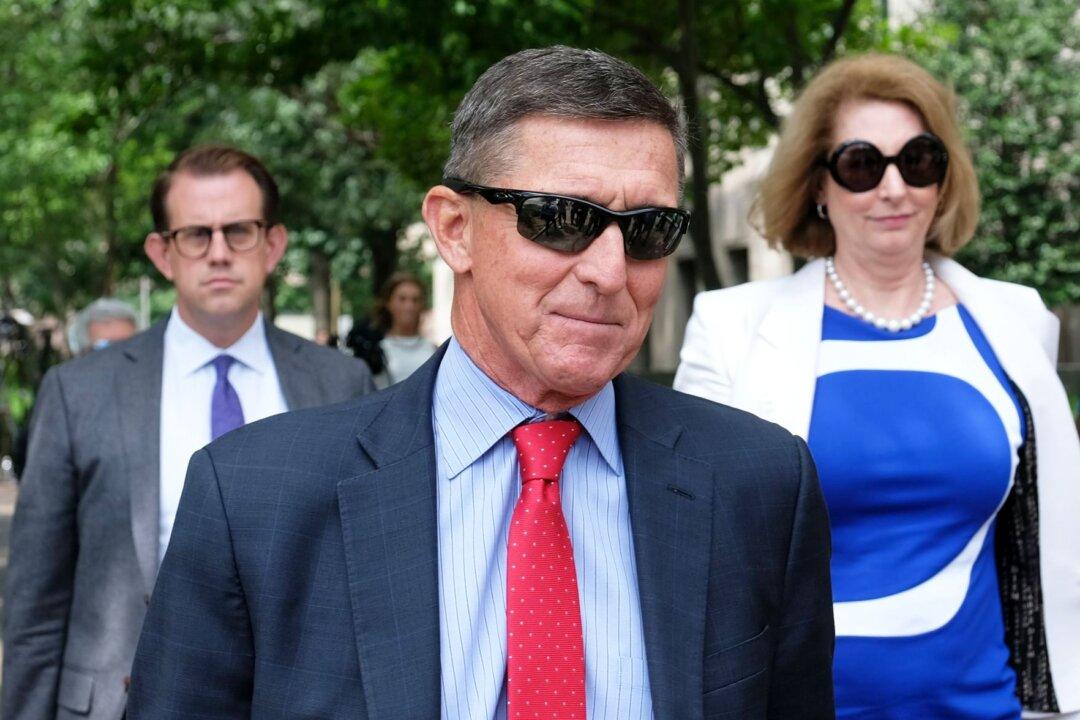Prosecutors from the team of special counsel Robert Mueller wanted Lt. Gen. Michael Flynn to testify to something that isn’t true, Flynn’s lawyers said. When he refused, they tried to label him a co-conspirator in a case where they previously said he was only a witness.
A federal judge denied the prosecutors’ move, saying the government didn’t present enough evidence to introduce Flynn’s statement as one of a co-conspirator.





